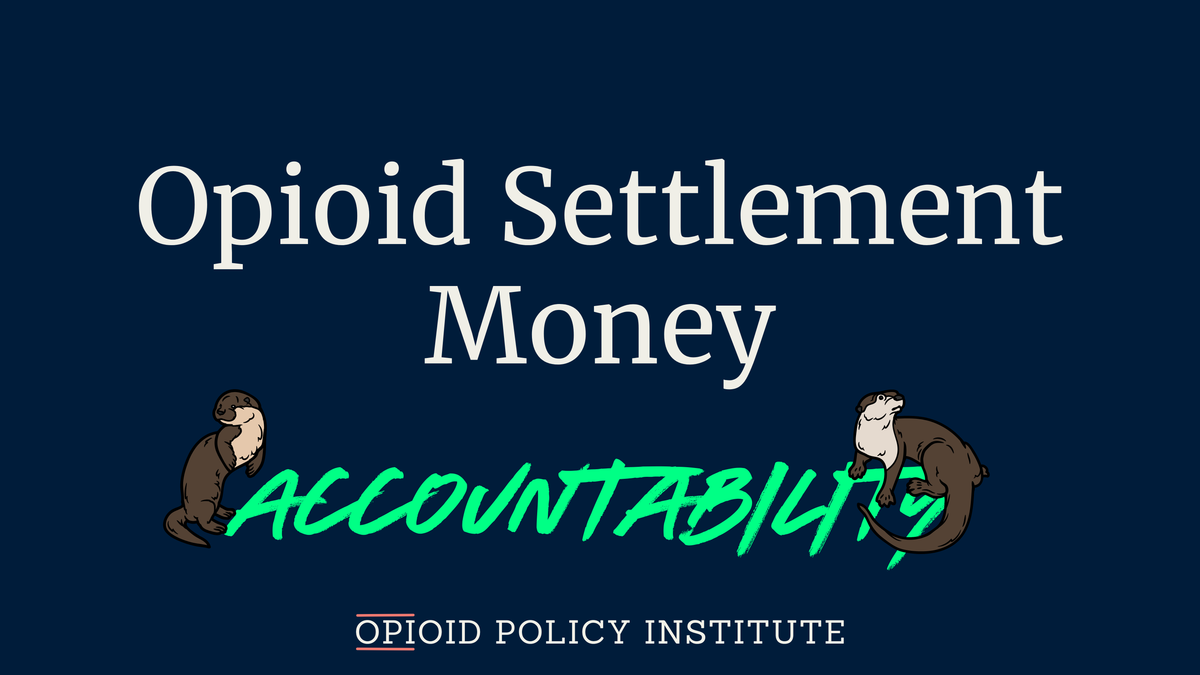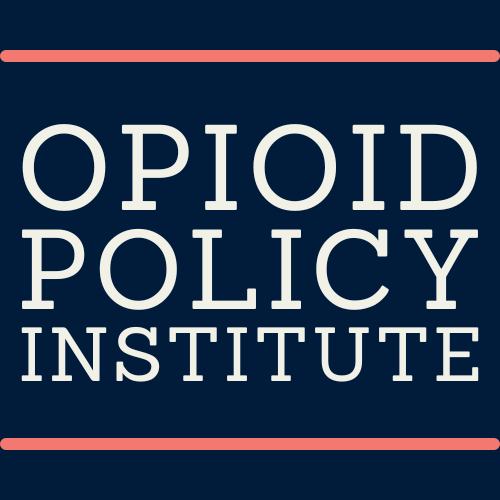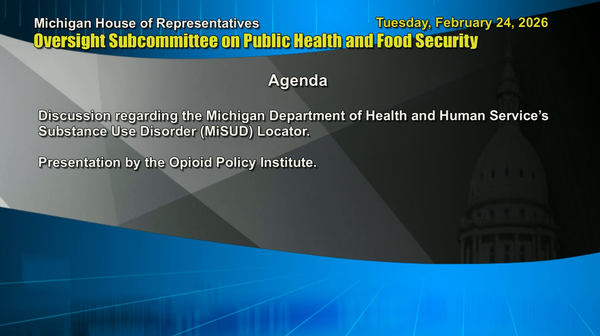New Research: Opioid Settlement Accountability
Understanding processes to report opioid settlement waste, fraud, abuse, & mismanagement to the AG
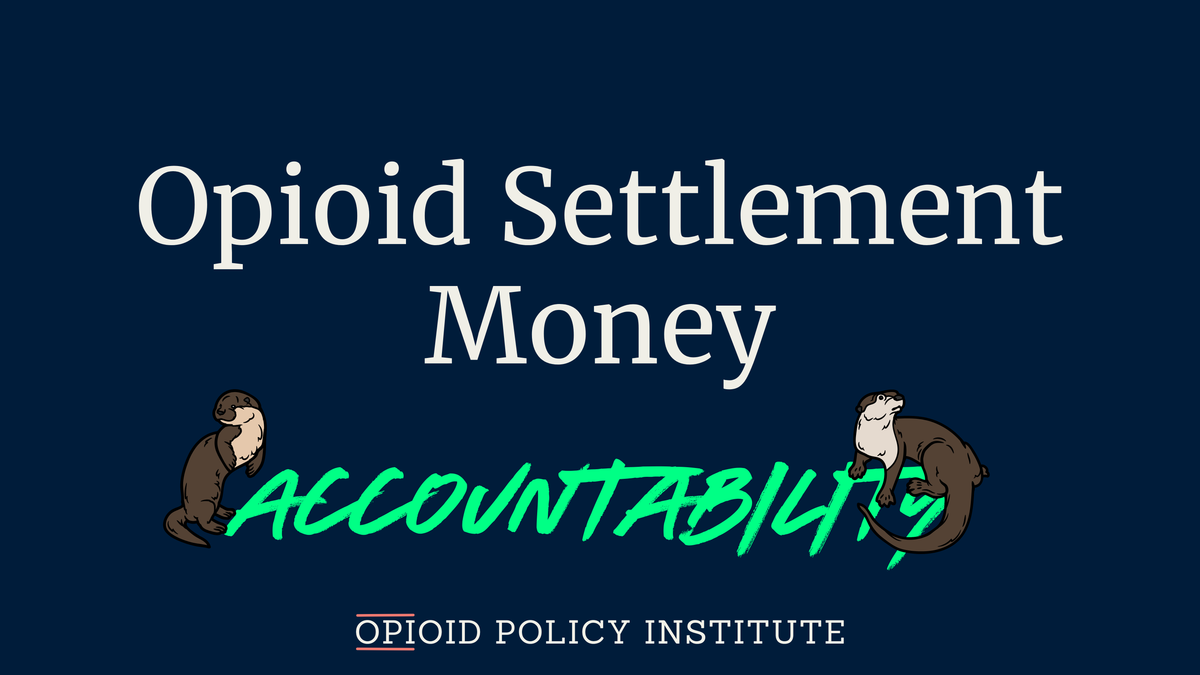
+$50 billion in opioid settlement funds is headed to communities across the United States...
We're working to make sure the transparency and accountability measures are in place to reduce waste, fraud, abuse, and mismanagement (WFAM) of these critical funds. We support community members and policymakers as they work to spend this money in a way that is aligned with what the opioid lawsuits set out to accomplish: restorative justice.
Accountability is Lacking...
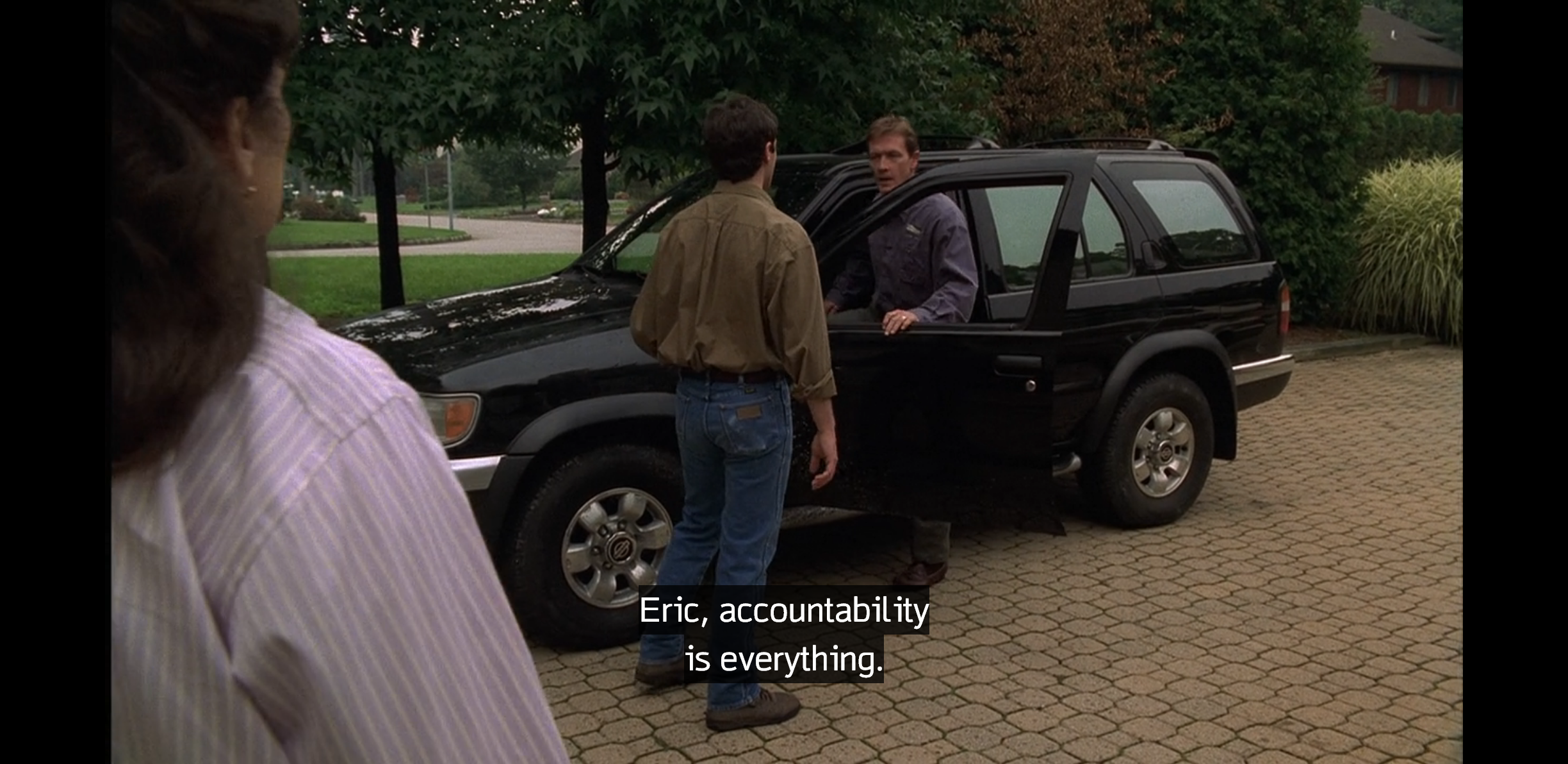
In the first three years of opioid settlement spending, there has been a lot of focus on transparency. It's a crucial element of good governance. It is even more important with the opioid settlement money that was sought because of the harms experienced by millions of people during the opioid crisis. People are watching this money. They have a right to know how the money is being spent and make sure it is spent on things that will help others.
While we still need a lot of progress on the transparency front (much of the spending is still not reported in easily accessible and understandable ways), we're starting to see how it is being spent...and it's what we dreaded.
A chunk of the opioid settlement money is being wasted. And little is being done about it.
The problem is clear. Some of this money is being spent on waste, fraud, abuse, and mismanagement (WFAM). The risk of this was obvious. It's why so many of us were worried about the process (or lack there of).
Now that we're seeing WFAM we demand accountability. But finding out how to alert the AG to this opioid settlement WFAM is not as easy.
Our Research
In our white paper, we surveyed each US state and territory receiving opioid settlement dollars. Our goal was to understand what process the AG (and other relevant government entities) had in place to receive complaints about how opioid settlement money is being spent.
We argue that the AG is responsible for policing this spending because of the legal argument (parens patriae) they used to justify the opioid lawsuits against manufacturers, distributors, pharmacies, and other related groups.
We found that most AGs aren't holding up their end of the bargain. It was clear, governments aren't doing enough to make reporting WFAM easy and accessible. It's a problem we need your help fixing.
How You Can Help
As a result, we're launching a set of first-of-its-kind resources to make it as easy as possible for you to report WFAM to oversight authorities.
Report WFAM
We need your help! +$50billion is a lot to keep track of so we created a tool that allows you to report WFAM to us. When you submit a complaint, we'll help you report it to the correct person where you live. You can also submit it directly to your AG if you prefer! We tried to identify how to do this for each US state and territory.
Advocate for better WFAM reporting
We also know state officials respond best to the people they represent, meaning there's a role for you to advocate for improved accountability mechanisms in your state and local government.
Next steps
Right now, there's a lot of WFAM and not much being done. For the most part, people in charge aren't taking charge. We recognize that it is a complex issue with a great degree of heterogeneity. Still, we have to do better. It's not so difficult that three years into spending there were no AG processes in place when we started.
Working together to improve these processes is an important first step. So is highlighting WFAM to show there is, in fact, a problem. We appreciate your help!
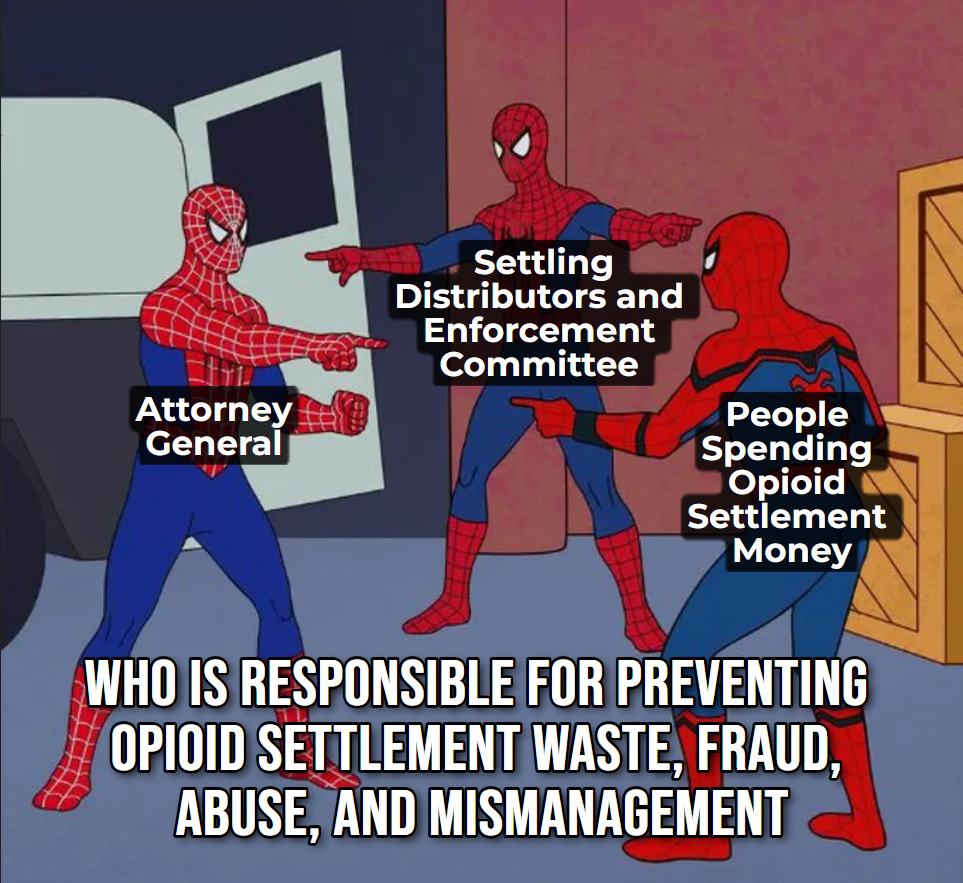
Opioid Policy Institute by Jonathan JK Stoltman, PhD is licensed under CC BY-NC-SA 4.0
